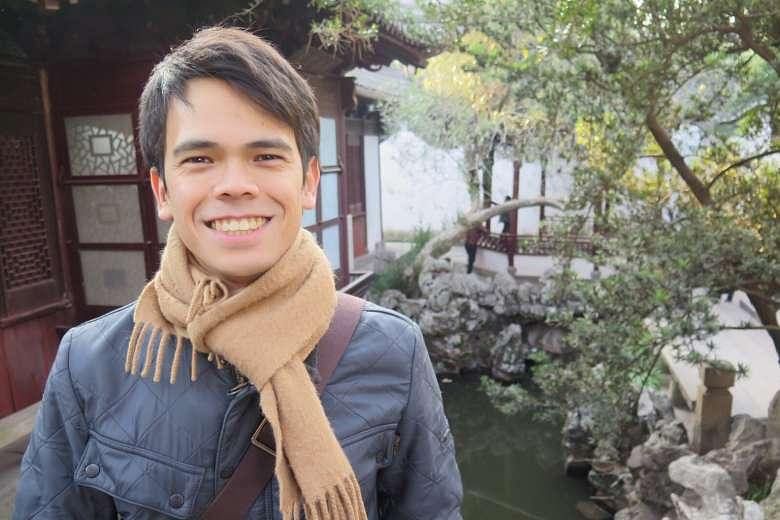SINGAPORE - A 28-year-old Briton who collapsed when he was about 1km from the finish line of the half marathon at the Standard Chartered Marathon Singapore (SCMS) died of a sudden cardiac arrest due to natural causes, said State Coroner Marvin Bay on Thursday (May 4).
Mr John Ying Wah Gibson was taking part in the 21.1km-half marathon on Dec 4 last year when he collapsed at about 6.30am along Esplanade Drive, not far from the finish line at the Padang.
A keen athlete who lived in Hong Kong, Mr Gibson had only recently taken part in triathlons held in Paris and London without any problems. He also had no known medical conditions and a medical check-up had not revealed any ailments.
A fellow runner saw him stagger and seem about to fall, so he sprinted ahead and caught Mr Gibson before he landed on the ground. Mr Gibson was pale, unresponsive and his skin was cold to the touch.
Someone rushed over and started cardio-pulmonary resuscitation.
When the ambulance arrived, a nursing student on board applied an automated external defibrillator (AED) on Mr Gibson.
Manual CPR was carried out throughout the journey to Singapore General Hospital, where he was pronounced dead at 8.50am.
Senior consultant forensic pathologist Marian Wang, performing the autopsy, said the mechanism of death was most likely lethal cardiac arrhythmia - the cause of which could not be determined.
Lethal cardiac arrhythmias may present as sudden, unexpected death in an individual who is, before the fatal event, apparently well with no clinical signs and symptoms.
Investigations showed that upon registration, a handbook containing information and tips was provided to SCMS participants.
The medical operations plan provided for the distribution of 111 AEDs and four medical tents with resuscitation capabilities set up along the route.
The investigation established that the ground response for Mr Gibson's collapse complied fully with the medical operations plan and casualty management procedure set out for the event.
In his findings, Coroner Bay had some tips to mitigate the risk of death or injury from arrhythmic episodes or other exertion-related disorders.
He said the runner himself needs to ensure he is in optimum health before embarking on a marathon or other endurance event.
He should learn to listen to his own body, recognise worrisome symptoms and slow down or even stop, when necessary, during a race to prevent over-exertion.
Organisers could give more in depth practical advice especially for less experienced runners, or overseas participants who may not adapt readily to the local hot and humid climate.
"While the medical support coverage in this event appears adequate, it is incumbent for organisers to look into their medical response SOP in the wake of any adverse event to identify if there are any potential areas for improvement, particularly in the critical area of expediting assistance to any runner who suffers a cardiopulmonary collapse,'' he said.

Asked how he was coping, Mr Gibson's father, Adjunct Professor J. Robert Gibson, 64, who attended the inquest, said: "It has now been a few months. Life moves on, everyday you wake up, and have got a job to do.''
Mr Gibson, who has a daughter, 32, and another son, aged 27, said his late son was not very experienced in long distance running, and certainly had not done this in this sort of climate.
"I don't think he understood well enough. If he had, he would have stopped running, walked a bit and be alive today,'' he said .
Mr Geoff Meyer, managing director of race organiser Ironman Asia, said in a statement that it offered its deepest condolences to the Gibson family.
"The safety of our runners is our utmost priority and the team regularly reviews safety and medical response plans with our partners and relevant authorities," said Mr Meyer. "We urge all runners to prepare themselves adequately for the race, and will continue to provide as much information and advice to help them achieve their race aspirations."

